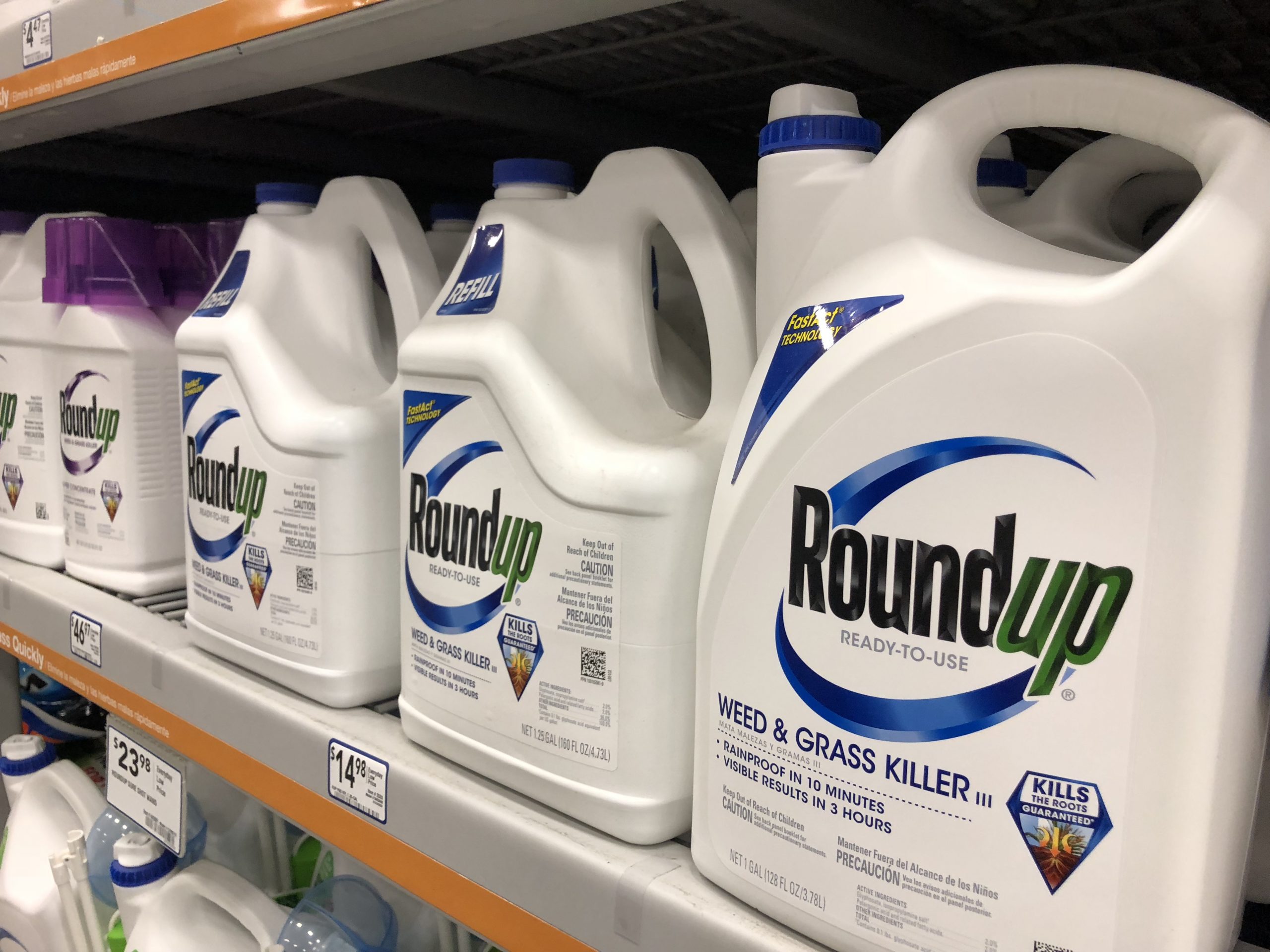New studies reveal links between exposure to glyphosate herbicide and oxidative stress, adverse birth outcomes, and cancer
Published: February 8, 2023
Category: Pesticides

Two new studies provide strong evidence linking exposures to the world’s most heavily applied pesticide—glyphosate—to cancer and adverse reproductive and birth outcomes. The common cause is glyphosate’s ability to trigger oxidative stress in cells.
The first study, “Glyphosate Exposure and Urinary Oxidative Stress Biomarkers in the Agricultural Health Study” was published by a team of NIH and CDC scientists on January 11, 2023 in the Journal of the National Cancer Institute.
The NIH-CDC scientists selected 368 pesticide applicators from the 52,000 enrolled in the NIH Agricultural Health Study in 1993-1997. They collected urine samples from them in 2010-2018 and measured levels of both glyphosate and markers of oxidative stress in the urine.
The applicators with higher levels of glyphosate in their urine also had 15% to 28% higher levels of two known markers of oxidative stress. This is the strongest evidence yet that exposures to glyphosate-based herbicides can contribute to adverse health outcomes triggered by oxidative stress including reproductive problems, impaired development, more rapid neurological decline, and increased the risk of cancer.
The second study, “Genotoxicity Assays Published Since 2016 Shed New Light on the Oncogenic Potential of Glyphosate-Based Herbicides” was published January 16, 2023 in the new journal Agrochemicals. It reports that 84 of 92 genotoxicity assays on glyphosate and GBHs published since 2016 report a linkage between glyphosate exposure, oxidative stress, and/or damage to DNA.
“Together, these two papers firmly link dermal exposure to glyphosate-based herbicides with elevated oxidative stress and damage to DNA,” said Charles Benbrook, Executive Director of the Heartland Health Research Alliance. “These new data reinforce the need for caution when applying these herbicides and should also impact how regulators assess and manage risks stemming from the use of glyphosate-based herbicides.”
Source: Heartland Health Research Alliance
Organic & Non-GMO Insights, February 2023




